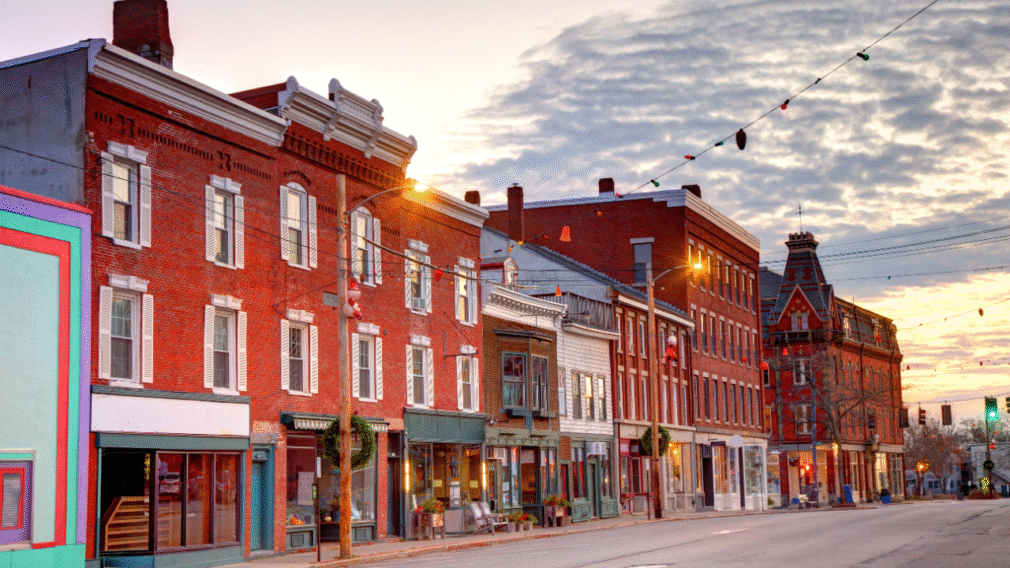Maine’s Online Casino Bill Stalls in Senate
Maine’s Senate deadlocked 17-17 on a bill to legalize online casinos for the Wabanaki Nations, leaving its fate uncertain as the special session nears its June 18 close.

A Bill Halted in Augusta
Maine’s bid to legalize online casinos through Legislative Document 1164 (LD 1164), also known as House Paper 769, hit a wall in the Senate. The bill, which would grant the Wabanaki Nations exclusive rights to run iGaming, passed the House 85-59 and cleared the Veterans and Legal Affairs Committee, but a Senate vote to advance an amended version ended in a 17-17 tie.
A motion to reconsider the vote flopped, leaving LD 1164 labeled “unfinished business” as the special session’s June 18 deadline looms.
The Wabanaki Nations: Penobscot Nation, Passamaquoddy Tribe, Houlton Band of Maliseet Indians, and Mi’kmaq Nation, champion LD 1164 as a path to economic self-reliance.
The bill lets each tribe partner with one iGaming operator, mirroring Maine’s tribal-led sports betting model, where three tribes work with Caesars Sportsbook and Passamaquoddy with DraftKings.
“This is about fairness and joining an industry that benefits tribes nationwide,” said Rep. Aaron Dana, a Passamaquoddy member. Tribes argue that regulating iGaming would curb illegal offshore betting, while adding consumer protections like age verification.
A 16% tax on gross revenue would fund addiction programs, veteran housing, and opioid treatment, yielding $1.8 million in 2025-26
Why the Senate Balked
The Senate’s 17-17 split shows deep divides. Governor Janet Mills, a Democrat, has long opposed gambling expansion, vetoing a 2021 tribal gaming bill and signaling she’d nix LD 1164. Her administration, via Maine Gambling Control Unit (MGCU) Director Milton Champion, argued in March that iGaming isn’t needed, with sports betting only in its second year. Champion’s June 9 statement reiterated that online casinos remain illegal, warning against unlicensed sites.
The bill’s tribal exclusivity clause, barring commercial casinos, fueled opposition. Oxford Casino (Churchill Downs) and Hollywood Casino Bangor (Penn Entertainment) claim iGaming could cut their revenue by $67 million and cost 400 jobs.
“This creates a tribal monopoly with little benefit to Maine,” said Oxford’s Dan Walker.
LD 1164 faces steep hurdles. The Senate’s tie and failed reconsideration leave it in limbo, with the special session ending June 18. Bills can carry over to 2026, but Mills’ veto threat looms.
Recommended
